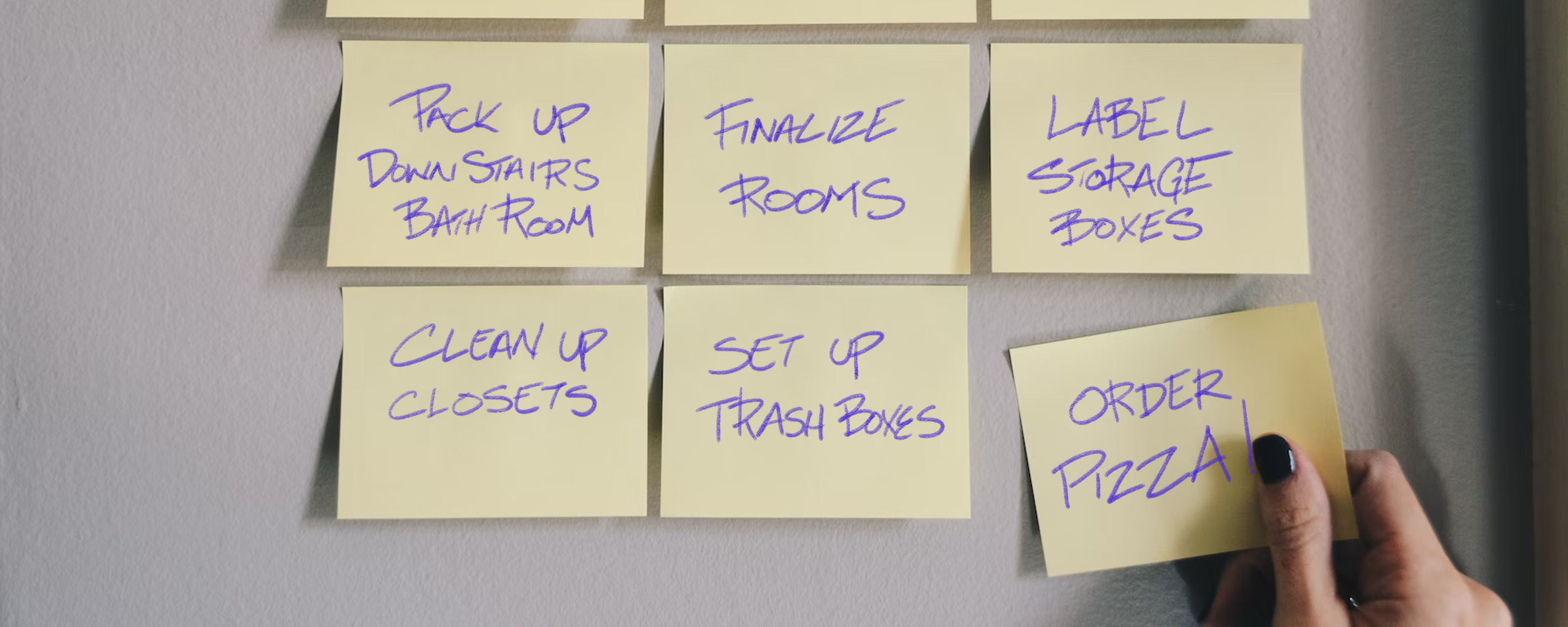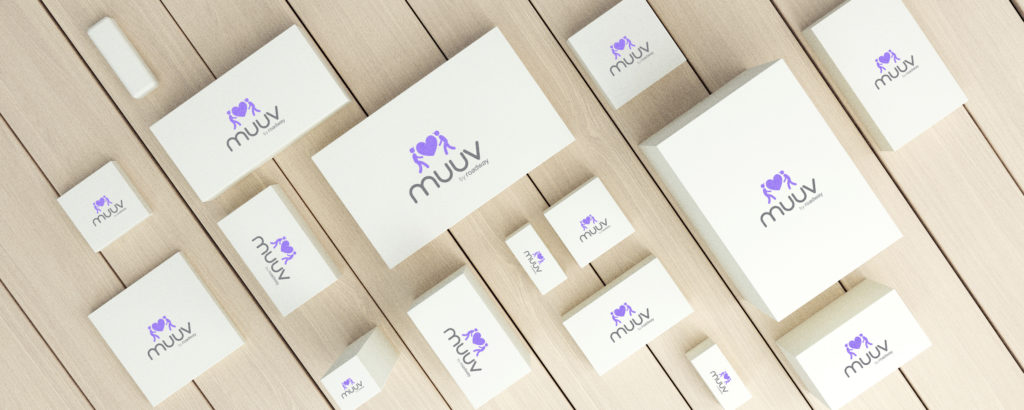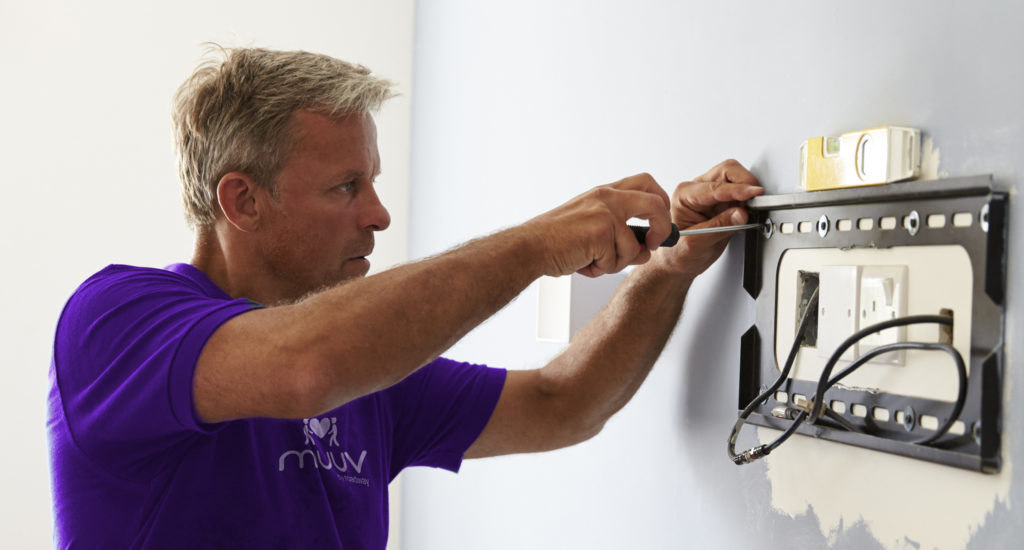
Breaking Down the Most Important Moving Terms

You might think it's just "boxes," "move-in dates," and "keys," but there's a whole world of moving industry terminology you'll hear as you start the moving process. This can be overwhelming, especially if you're pressed for time. But we've got you covered on the most important moving terms you'll encounter at storage facilities, among real estate agents, and even with us. These are all a crucial part of our daily vocabulary, and they help us execute moves quickly and effectively. Here's a solid survey of what you might hear (and even say!) when your move day gets underway.

Shipper
The one who's moving. That's you!

Carrier
The moving company who performs the move. That's us!
PBO
Boxes that are Packed by Owner.
We'll often write PBO on boxes just so we know to be extra careful with the boxes you choose to pack.
CP
Boxes that are packed by the Carrier (Carrier Packed).
These'll be packed by us, so you can be sure everything in CP boxes will arrive safe and sound.
Inventory
List of items to be moved.
This is a simple but crucial one. Keeping a detailed inventory as you pack will help you settle into your new place smoothly and logically.
Valuation Coverage
Basic liability coverage for the goods.
This isn't insurance, so it won't run you any extra cash.
Insurance
Added coverage to the items being moved, normally obtained through a third party.
This can be a solid and important option for any Shipper, especially if their move is longer distance or if they've got a lot of precious items.
Deductible
The amount of the first portion paid by a Shipper for an insurance plan.

Wardrobe Box
Box that is used mainly for hanging clothes.
It's got a hanging bar on top!
Book Box
Small box, used for heavy items, like books.
Medium Box or Linen Box
Medium-sized box used for linens, dishes and semi-heavy items like shoes, perhaps.
Large Box, Dish Box, or China Box
Heavy duty box for light items or delicate China, crystal, or lamps.
These are your go-to boxes for precious items.
Long Carry
Distance from the parked truck to the door of the residence.
Hopefully the long carry won't be too long for your movers, but even if it is, we're always ready to work!

Shuttle
The need for a secondary smaller truck to enter a neighborhood due to a larger truck unable to fit.
Shuttle moves are some of our favorites because they're the trickiest and most satisfying.
SIT
This abbreviation stands for Storage In Transit, which is when possessions are stored while the Shipper is looking for a place.
SIT usually comes into play for cross-country moves.
Overnight
Possessions that are stored overnight during a move.
This usually comes into play when there's just too much to move in one day. Our storage facilities always come in clutch for overnight storage.
Ready to Receive Date
This is the exact date a Shipper is able to accept delivery in a long distance move.
We've gotten this down to a science so your move can be as efficient and organized as possible.
Cubic Feet
The volume of space a shipment takes up.
This term comes in handy when we're trying to figure out how to load our trucks properly.
If you're interested, check out this tutorial for calculating the cubic footage of your boxes!

Local Move
Move that is done locally, usually within the same town or city.
Local moves might sound way easier, and while they're definitely slightly simpler than cross-country adventures, we apply the same care and efficiency to every single move.
Mid-Distance Move
Move that is going up to about 200- miles away.
We use this term to define NYC-to-Boston moves, for example.
Long-Distance Move
Move that stretches beyond 200 miles.
For us, this normally means a move heading south, west or north, i.e. New York to Texas, Florida, or California.
Access
Access at each location, i.e. elevator, stairs, ground floor, etc.
Everything comes down to access on move day. We may ask ahead about the access in your new place so we can start planning before we arrive. Elevators, of course, allow for the easiest access to any floor, but we've mastered stairs, too.

Walk Up or Walk Down
These terms convey the amount of flight of stairs at either the origin or destination.
Knowing the walk up or walk down ahead of time helps us prepare perfectly for the day.
Full Packing
This is when the company (us!) provides all the boxes and packs everything in them.
Unpacking Service
When we unpack everything in the boxes upon delivery.
We do this incredibly carefully, and always on a flat surface.

Disassembly and Assembly
These terms capture the act of taking apart or putting together a piece of furniture, like a bed frame or table, during a move.
When you're planning your move with us, be sure to mention what you'd like to have us assemble upon arrival. This'll allow us to make sure we've got the right team on board for move day.
Packing Everything Up...
A solid understanding of these terms will help you a lot before, during, and even after your move.
They'll ground you in our industry and allow you to share information and ask crucial questions much more concisely during the moving process.
We won't be quizzing you on the terms, so don't stress while you're reviewing them! But we love moving language and look forward to using it with you. Feel free to reach out with any questions or to schedule your move with us today.


